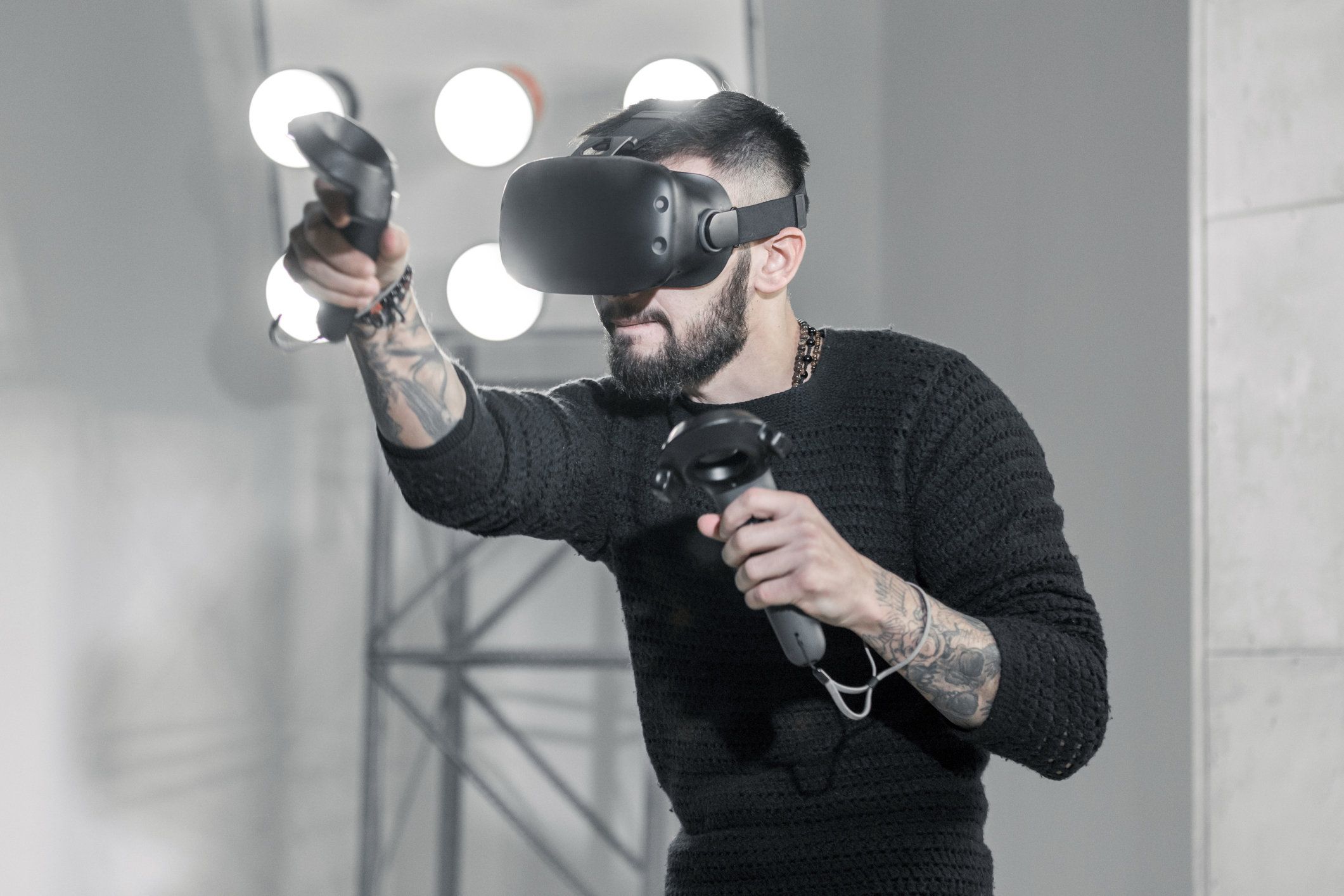Imax to shut down virtual reality arcade business
Imax is to close down its three remaining virtual reality arcade centers and write off investments in VR content, the company has confirmed.
In an SEC filing made on December 13, Imax notified investors of the closures and said that, following a strategic review of its VR business, it will "write-off certain VR content investments."
Read More:
- Imax made a $50 million bet on VR
- Imax ends VR camera project with Google
- We tried Imax's VR center, and it was pretty sweet
The move shouldn't come as a surprise, as Imax had previously closed four of its seven VR centers, which were set up in cinema multiplexes as part of a pilot program to explore VR arcade gaming as a potential business model.
The three centers to be shut down during the first quarter of 2019 are in Los Angeles, Bangkok and Toronto, and their closure will follow the recent shuttering of Imax's only European VR center, in Manchester, England.
Imax said in a statement, published by Variety, which first broke the story: "With the launch of the Imax VR center pilot program our intention was to test a variety of different concepts and locations to determine which approaches work well. After a trial period with VR centers in multiplexes, we have decided to conclude the Imax VR center pilot program and close the remaining three locations in Q1 2019."
GearBrain tried out Imax's Manhattan VR game arcade in July 2017 and praised its low prices (from $10 for use of an HTC Vive headset), numerous game options to pick from, and support from staff.
At the time, Imax had described these VR centers as an experiment to see if there was enough consumer demand for VR to invest more heavily in the technology. Originally, around a dozen of these centers were on the cards, located all over the world. A $50 million VR content fund was also set up, which would be given to content producers to come up with exciting new VR games and experiences for customers to try out. One title which came from this was Justice League, An Imax VR Exclusive.
Despite investment from companies like Samsung, Facebook, Sony and HTC, virtual reality has struggled to become a mainstream success. High-end headsets like the HTC Vive are expensive and require a powerful computer to work properly, while more affordable headsets suffer from poor screen resolutions. A limited number of games and experiences is an issue felt across the board, even with the PlayStation VR, which works with games made for the PS4 console.
Separately, in August this year it was confirmed that an Imax project to develop a cinematic VR camera with Google had been canned.